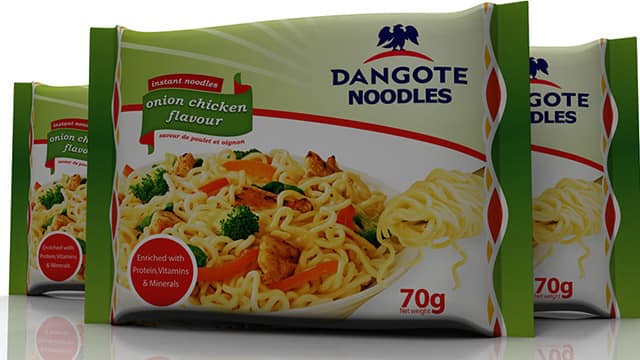There are no products in your shopping cart.
| 0 Items | £0.00 |


By Ayo Akinfe
(1) Like many of you, I have been doing a lot of number crunching lately and alas, I run into a dead end when I get to the point where it comes to matching Nigeria’s income and expenditure figures. Post-coronavirus, something serious simply has to give to prevent a total economic collapse in Nigeria
(2) Our 2020 budget was $28.8bn but at this rate with the total collapse in oil prices and demand, we will be lucky to generate $10bn in revenue this year. Given that crude oil exports account for about 95% of federal government revenue, we have simply walked up a cul-de-sac. Without crude oil exports, we have no economy to speak of and that industry has been pummelled by coronavirus
(3) Given that about 70% of our budget goes on recurrent costs, Nigeria needs to spend at least $20bn a year on salaries, maintaining the machinery of government, security, the civil service, etc. I think it is fair to say that all capital projects will have to be abandoned for the next two years but that is only half the problem
(4) Anually, Nigeria spends about $4bn on food imports. This is by and large restricted to about a dozen items such as wheat, sugar, rice, mackerel, stock fish, palm oil, noodles, tomato paste, flour, etc. Of late, there have been moves to cut this bill, especially with the increase in rice production but alas, we still consume 7m tonnes of rice annually but only produce 4m tonnes
(5) One good thing about the Nigerian food industry is that we are self-reliant when it comes to yam and cassava production. Indeed, we are the world’s largest producer of both crops so there will never be a shortage of staples like gari, elubo, fufu, lafun, pounded yam, asaro, etc. We also produce enough bitter leaf, egusi, okra, etc to go along with them
(6) Of late, however, noodles has become a staple food in Nigeria too. Nigeria is now the 12th largest noodle market in the world, thanks to Indonesian firm Indomie, which has entered into a partnership with local company Tolaram. They even produce some noodles in Nigeria but there is one big problem here - Noodles is made out of wheat, which Nigeria does not produce in any significant quantities
(7) It will shock you to find out that Nigeria produces a grand total of 60 tonnes of wheat a year. This compares with Egypt’s 8.8m tonnes, Morocco’s 7.1m tonnes, Brazil’s 4.3m tonnes and Algeria’s 2.4m tonnes
(8) If noodles are to become as popular as say eba or pounded yam in Nigeria, we have to either start making it from cassava, yam or maize or on the other hand start mass-producing wheat. Other alternatives are sorghum and millet
(9) Nobody is telling us the reality of what is about to hit us soon. I would be surprised if the Central Bank of Nigeria has any dollars left at the moment, so even if you have the money to import wheat, you will not be able to. No international supplier will accept naira from a Nigerian buyer, so something has to give
(10) Personally, I would cash in on the recent success against Boko Haram and turn Borno State into one huge wheat farm. About half of the state’s population is now in Maiduguri, freeing up huge tracts of farmland. Borno’s temperate climate of great for wheat cultivation, so I would rather invest in this than keep throwing money at wheat imports